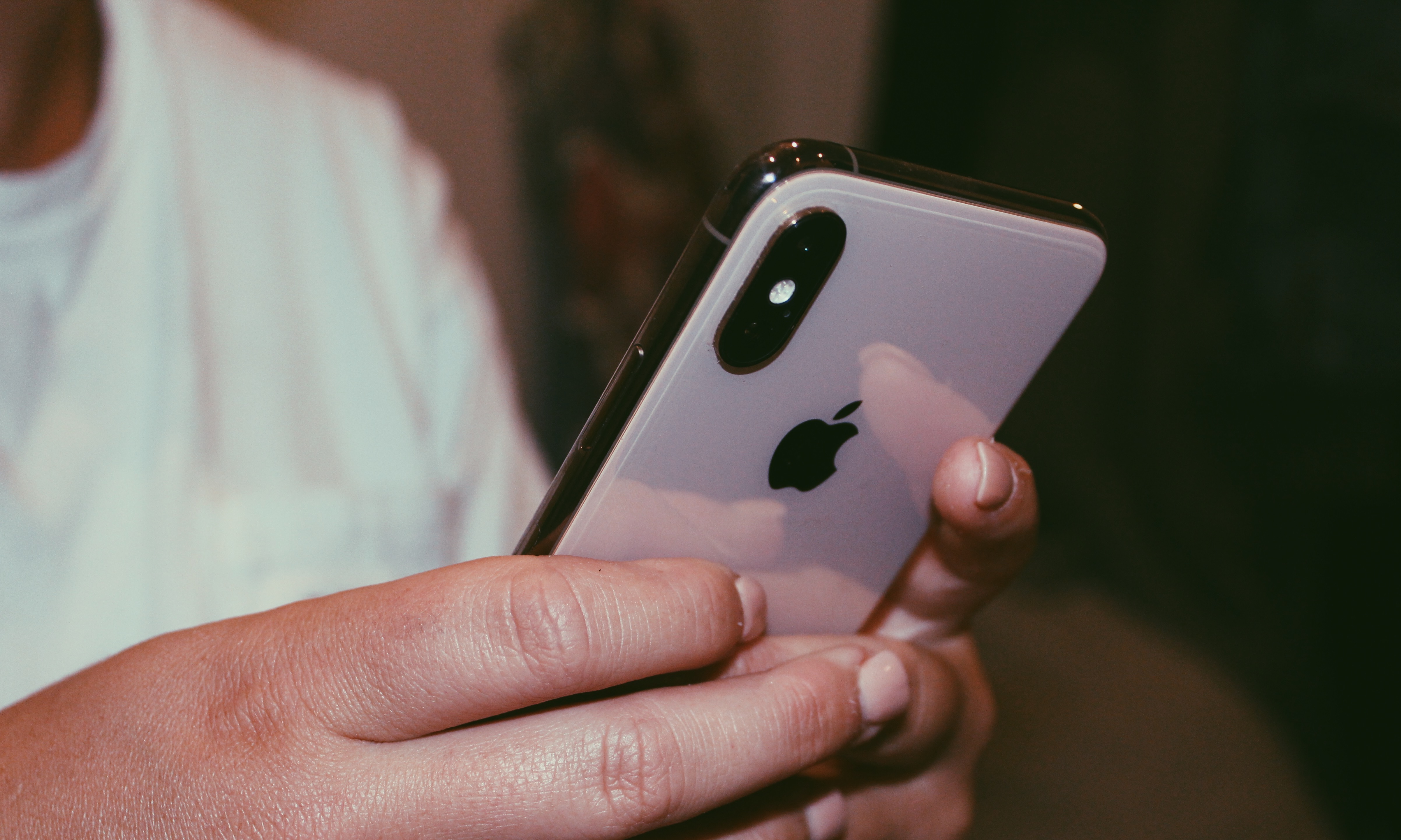Welcome to our special section, Thrive on Campus, devoted to covering the urgent issue of mental health among college and university students from all angles. If you are a college student, we invite you to apply to be an Editor-at-Large, or to simply contribute (please tag your pieces ThriveOnCampus). We welcome faculty, clinicians, and graduates to contribute as well. Read more here.
When I’m scrolling through my Instagram feed and I come across a picture of a couple with “I love you” and “you’re my everything” in the photo’s caption, my first instinct is to roll my eyes.
There’s a part of me that sees these relationship posts about commitment and infatuation as cute at first, but ultimately kind of weird. They sometimes just seem a little, I don’t know, fake? I always wonder why partners feel the need to post about their dedication to each other in such an overt manner. Ever since social media came into existence, I’ve led myself to believe that real “love” doesn’t need validation via Facebook posts but is rather built upon in the more private moments of a relationship.
But according to the latest study by Carnegie Mellon University, I couldn’t be more wrong. Researchers found that when couples who are active on social media post about each other on their accounts, it leads to increased satisfaction in their romantic relationship. The findings suggest that these public displays of affection may help the partner feel validated and confirm feelings of security in the relationship
So, what’s the catch? The flipside is that if you’re someone who shares a lot about your life on social media without sharing enough content about your partner, it could negatively impact your relationship, as your partner could have trouble distinguishing your intimacy with them from your interactions with your masses of followers. The only way to combat this is by including your partner in your many posts, so as to keep them feeling satisfied.
Melissa Maldonado-Salcedo is a professor of Social Science at the New York University Tandon School of Engineering. Her take on this study’s findings? They could be dangerous — for both those who are in relationships and those who are not.
“Social media is the greatest distortion of reality where you can stage and misrepresent just about anything — including relationships,” Maldonado-Salcedo said. “What does this mean for our ability to form new relationships? Your online presence is a performance, after all. If social media is is your metric in terms of your relationship, that can’t be good.”
What Maldonado-Salcedo suggests is that placing too much importance on how much your partner posts about you could be problematic. Social media is often curated in order to showcase life’s happiest, winning-est moments, as opposed to the harsh realities and compromises that are often paired with making a commitment to another person. Her advice? Take the study’s findings with a grain — or a spoonful — of salt.
“I’m just always a bit skeptical that what we present online is a reflection of who we are in general,” Maldonado-Salcedo said. “I’m sure social media can be a tool to build a better relationship, but also a weapon to destroy it.”
These weapons she’s referring to come in the form of ex-partners whose accounts you still follow, or the lack of privacy that comes with being able to see who your partner is interacting with online. According to Maldonado-Salcedo, these are breeding grounds for jealousy and can foster distrust in current relationships.
And it turns out that in the grand scheme of things, posting so frequently on social media may be hurting your overall well-being more than it helps, anyway. A 2015 study conducted by the Happiness Research Institute demonstrated that when people went one week without checking Facebook, they reported higher levels of overall happiness and life satisfaction.
Basically, if you’re getting all warm and fuzzy every time your partner posts a picture of the two of you on their feed, I think that’s totally fine — just don’t make it determining measure of your relationship satisfaction. Because regardless of how you feel about being with your partner or how periodically they post, the less time we spend on social media, the more holistically fulfilled we’ll actually be.
Subscribe here for all the latest news on how you can keep Thriving.
More on Mental Health on Campus:
What Campus Mental Health Centers Are Doing to Keep Up With Student Need
If You’re a Student Who’s Struggling With Mental Health, These 7 Tips Will Help
The Hidden Stress of RAs in the Student Mental Health Crisis


